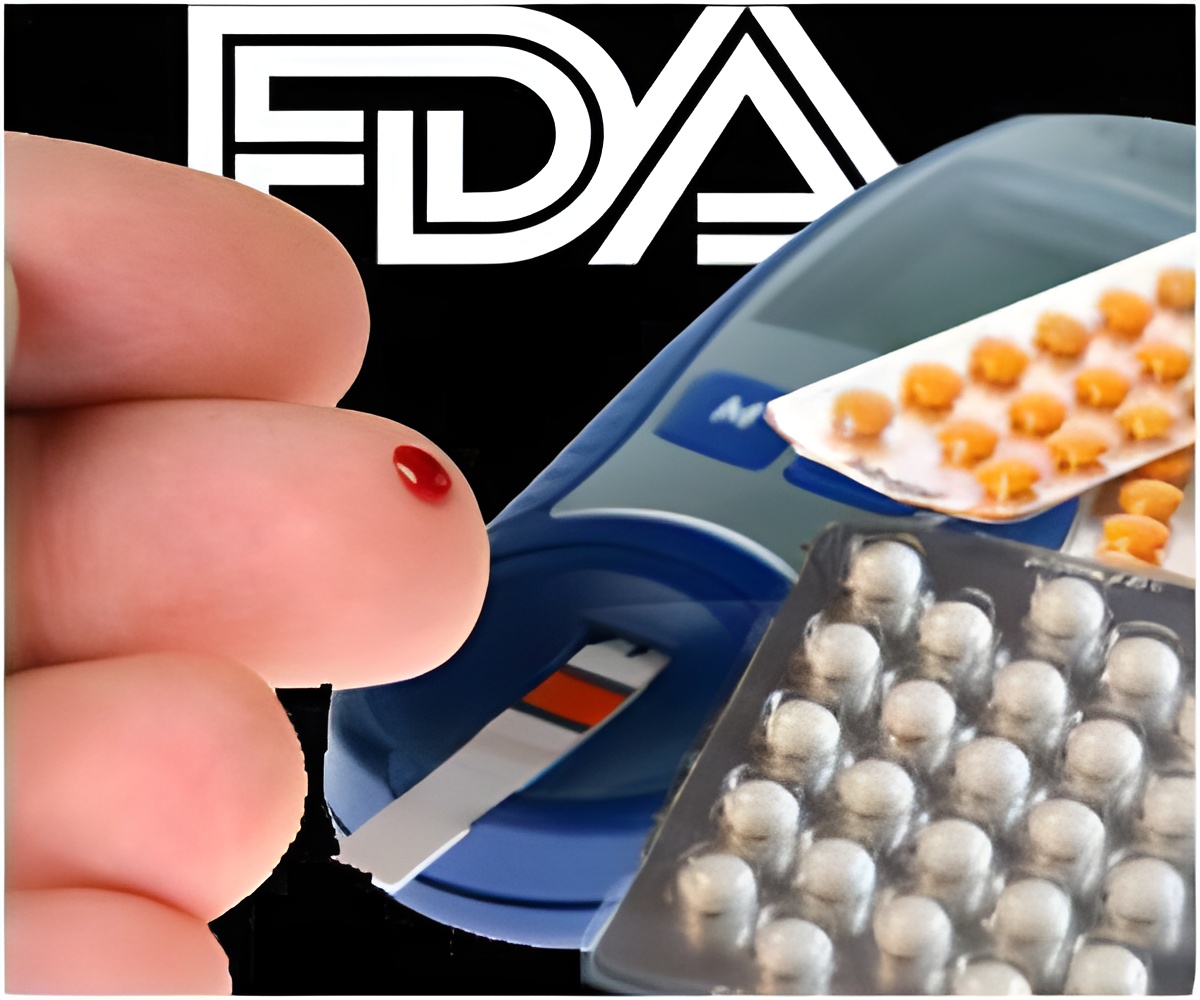Patients with type 1 diabetes treated with the monoclonal antibody teplizumab exhibit greater preservation of C-peptide, compared to controls, according to a new clinical trial.
Patients with type 1 diabetes treated with the monoclonal antibody teplizumab (MacroGenics, Inc.) exhibit greater preservation of C-peptide, a biomarker of islet cell function, compared to controls, according to the primary results from a new clinical trial. Further analyses identified a discrete subset of the treatment group that demonstrated especially robust responses ("responders"), suggesting that these patients could be identified prior to treatment. The trial, entitled "Autoimmunity-Blocking Antibody for Tolerance in Recently Diagnosed Type 1 Diabetes" (AbATE), was conducted by the Immune Tolerance Network (ITN). The results are available online and will be published in the November issue of the journal
Diabetes.
The AbATE study, led by Kevan Herold, MD (Yale University), tested teplizumab, which targets the CD3 receptor found on T cells, in patients with new-onset type 1 diabetes. CD3 is required for T-cell activation, which can lead to the destruction of insulin-producing beta cells. A previous ITN study with teplizumab showed that a single course of the drug slowed C-peptide decline in new-onset patients for a year, after which the effects waned. The aim of the AbATE study was to test whether C-peptide preservation could be prolonged by administering two courses of teplizumab, one year apart.
In this open-label, Phase II study, 77 new-onset patients (ages 8 to 30 years old) were randomized to receive either teplizumab or a control. Those in the treatment arm received the scheduled treatment consisting of two 14-day courses of teplizumab, one year apart. Both arms received intensive diabetes care from certified diabetes educators and were followed for two years. The primary endpoint compared C-peptide preservation between the two groups.
After two years, the teplizumab-treated group showed significantly greater preservation of C-peptide (75-percent higher responses compared to the control group).
Further analysis revealed that within the treatment arm two groups of patients could be distinguished based on their C-peptide levels: one group, considered "responders" (22/49), showed very little C-peptide decline over the course of the study (only a 6 percent reduction from baseline), while the "non-responders" (27/49) exhibited a similar rate of C-peptide decline as the control group (less than 40-percent reduction from baseline).
Investigators measured various biomarkers and cell types that might distinguish between these two groups. They found that, at trial entry, "responders" had lower hemoglobin A1c levels (a marker of glucose concentration in the blood) and used less insulin at baseline, compared to "non-responders". Differences in specific T-cell subsets also distinguished between the two groups at baseline, suggesting that immune status might contribute to drug responsiveness. However, further studies will be required to confirm these results.
"This overall approach to identifying characteristics of individuals most likely to respond to therapies shows great promise because the responders in this study experienced a robust and prolonged drug effect," said Dr. Herold. "This type of response has not been seen in other studies of immune therapies."
Advertisement
Type 1 diabetes is a disease marked by immune destruction of insulin-producing beta cells in the pancreas. New-onset patients usually have 20 to 40 percent of their normal beta cell mass remaining, which is still capable of producing insulin. Preserving this remaining mass, even temporarily, could improve long-term clinical outcomes.
Advertisement
Immune modulators, like teplizumab, represent a promising means of inducing tolerance; however, no drug has been shown to prevent or reverse disease, and only a few have temporarily delayed disease progression. The ability to identify a subgroup of patients who may be more responsive to therapy could greatly enhance the clinical use of immune modulators and improve outcomes for those patients. Further analyses with specimens collected from the AbATE study are ongoing to understand the mechanism of response.
Source-Eurekalert













